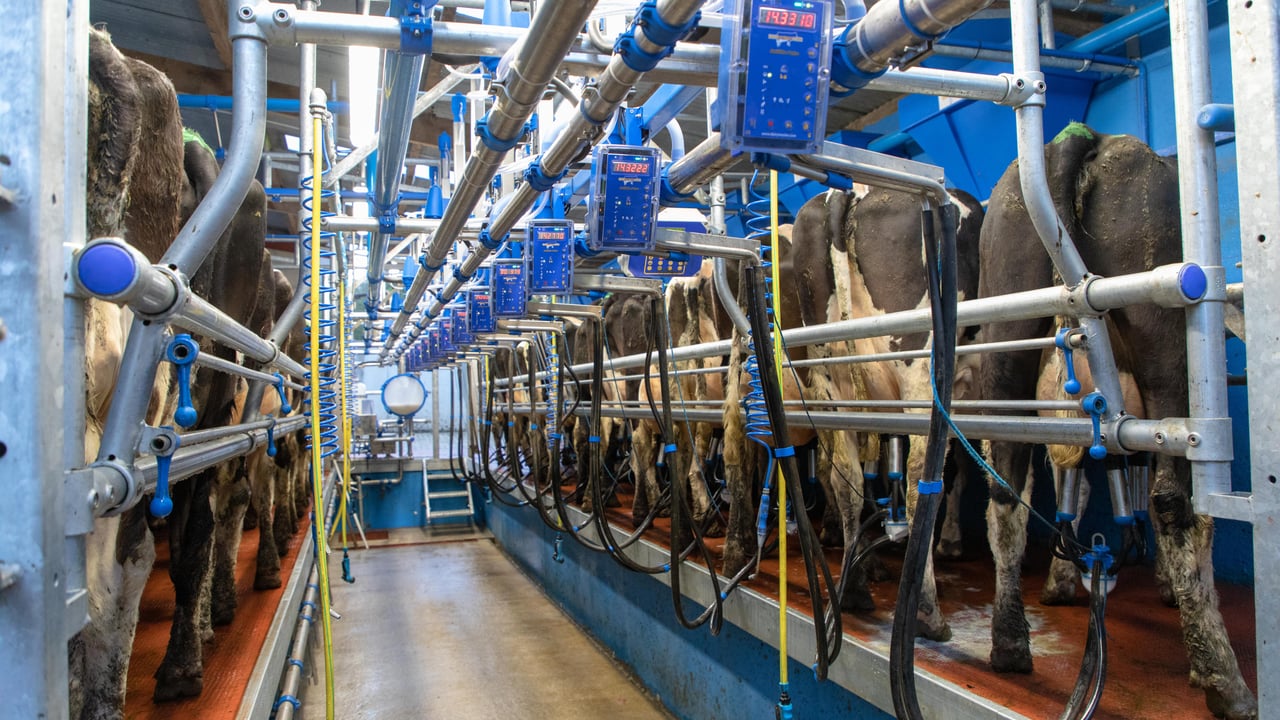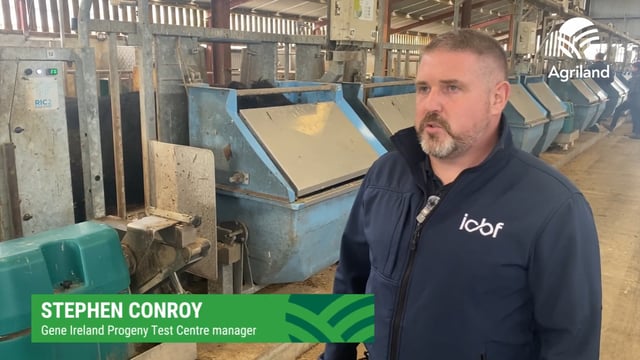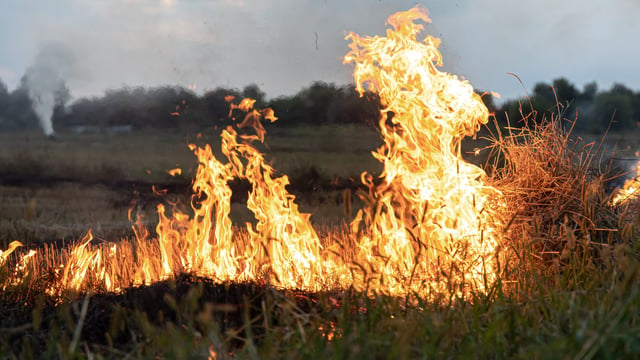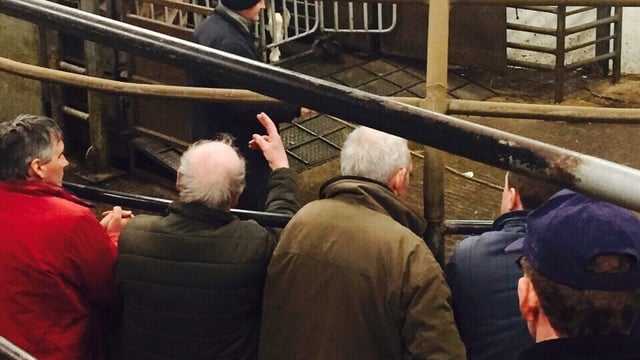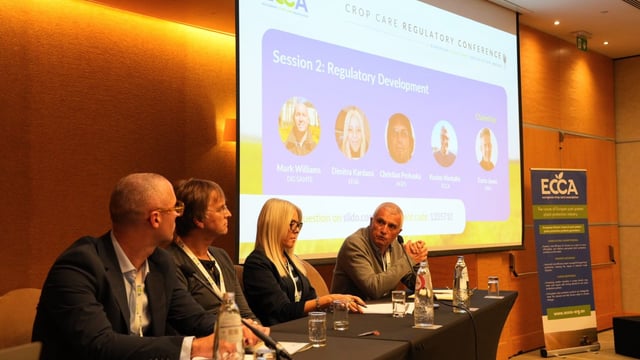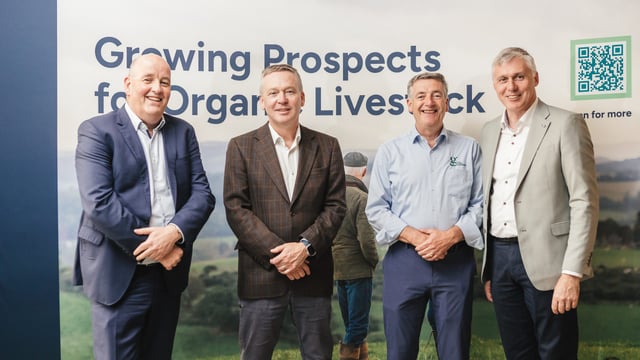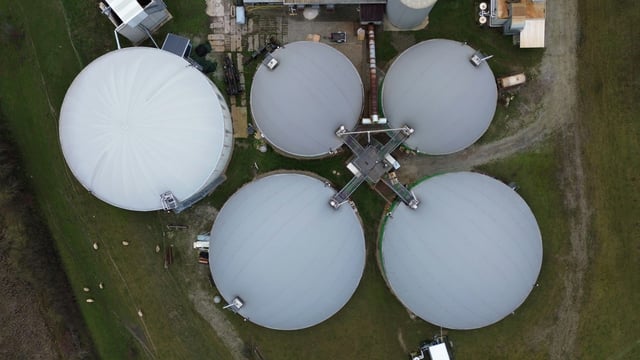Watch: Is there a strong appetite for investment on dairy farms this year?
Agriland spoke with Pat Ryan, national sales and dealer development at Dairymaster, about the appetite for investment on farms amid a time of uncertainty.
2025 has brought a great year for dairy farming, considering the favourable weather throughout, the strong grass growth, and the strong prices throughout the year, up until now.
Pat Ryan described the year as being "very solid" and admitted that there is "lots of interest on various different products".
Ryan feels that there has been a strong appetite for investment on farms, adding that "farmers want to invest" and that it has "very positive so far".
Investment
The uncertainty around the nitrates derogation and whether Ireland will hold its derogation past 2026 has put a spanner in the works for many farmers thinking to invest.
Ryan said: "There is uncertainty there, there's no doubt about that - you will have a certain amount of farmers that want to invest but are just maybe taking their time to see what the outcome is going to be before they make decisions."
However, even amid the uncertainty, Ryan highlighted that plenty of farmers still see the need to invest on farms.
He said "it's a business at the end of the day" and, regardless of what happens, farmers will need to invest back into their business.
According to Ryan, the main motives for farmers to invest despite some uncertainty in the industry is to make their business more profitable, the need to reduce the labour load and make the farm a more attractive place to work and to drive a more sustainable dairy enterprise.
"At the end of the day, they've a plan to drive on and they're going to do that anyways, but if farmers knew where they were going, it would help and speed up the process."
Ryan mentioned that there has been a huge appetite for upgrades this year, as he noted that farmers are looking to reduce their working hours and make the day-to-day jobs that bit simpler.
He said that there has been a lot of interest in double-up parlours, as they are a way of improving efficiency without making a major investment between the costs of infrastructure, sheds, and labour.
Ryan also noted the increased desire for technology on farms - technology that can speed up the milking process, reduce labour, save money on health issues, and improve the day-to-day operation.
The MooMonitor system, drafting systems, parlour upgrades, milk recording technology and cluster flush systems are all growing in popularity, according to Ryan.
"Anything that helps improve the business and produce better quality milk", he added.
Talking about the Dairymaster MooMonitor system, Ryan commented that it is "really a management system" that aids farmers in making better decisions on farms.
"Once the cow has calved, we are monitoring that period up until she gets bred."
"If she had a difficult calving and not cycling, it will identify her," Ryan added.
He also noted that when the farmer decides to go breeding, the system directs the farmer, giving the cow the best chance to go back in calf.
According to Ryan, it ensures that cows are cycling as they should by monitoring heats, looking at health from rumination, feeding, and restless levels, and working all year round to compile accurate information about individual cows.
"It's giving the farmer a load of information to make better decisions."
Ryan also mentioned that the swing-over parlour with about 16-20 units, on average, is the most popular parlour choice on the market.
In Northern Ireland, he mentioned that there is a lot of rotary parlour getting installed as the herds tend to be bigger.
Talking about making the plunge to invest on farms where needs be, Ryan said that farmers should aim to "take the hardship out of the jobs that need to be done on a day-to-day basis".
"You don't want to spend all day milking cows, either," he added.
Ryan stressed that if you can have a compact milking time, it will give time for other jobs around the farm to get finished.

